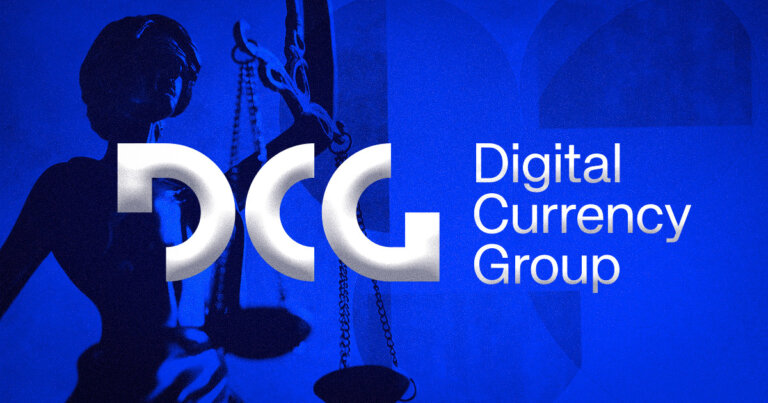 DCG labels Gemini lawsuit as ‘character assassination’ in motion to dismiss
DCG labels Gemini lawsuit as ‘character assassination’ in motion to dismiss DCG labels Gemini lawsuit as ‘character assassination’ in motion to dismiss
DCG stated that Gemini failed to attach its bankrupt subsidiary, Genesis, in the lawsuit.

Cover art/illustration via CryptoSlate. Image includes combined content which may include AI-generated content.
Digital Currency Group (DCG) filed motions to dismiss the lawsuit brought against it by crypto exchange Gemini, according to an Aug. 10 court filing.
DCG described the Gemini lawsuit as a continuation of the exchange’s public relations “character assassination” campaign started by its co-founders, Cameron and Tyler Winklevoss.
Accuses Gemini of deflecting
According to DCG, the Winklevoss twins are trying to deflect blame from their exchange’s users over their role in the defunct Gemini Earn program through vicious, personal, and false tweets that wrongly accused its founder Barry Silbert.
The Gemini Earn program was formerly operated in cooperation with the bankrupt subsidiary of DCG, Gemini. The program rewarded customers who lent cryptocurrency to the program. However, the program folded up after FTX’s collapse last year.
DCG stated that it could not be held responsible for the program’s failure as it had “virtually nothing” to do with it. It pointed out that the Master Loan Agreement signed by Gemini’s customers explicitly stated that none of the bankrupt lender’s parent company would be a party to any liabilities or obligations.
The crypto investment company wrote:
“Gemini tries in various ways to hold Defendants responsible for alleged misrepresentations by Genesis, but Gemini’s efforts to impute them to Defendants fail as a matter of law. It is a settled principle of law that parents are not liable for the conduct of their subsidiaries.”
Asides from that, DCG noted that the exchange failed to attach Genesis as a defendant in the case despite both companies’ corporate relationship.
DCG further alleged that Gemini failed to prove how Silbert representation to Cameron Winklevoss was fraudulent or how it aided and abetted any fraudulent activity.
The firm concluded that the Court should strike out Gemini’s claims with prejudice because “no
additional allegations could cure the substantive defects in the complaint.”



 CoinGecko
CoinGecko 



























































































